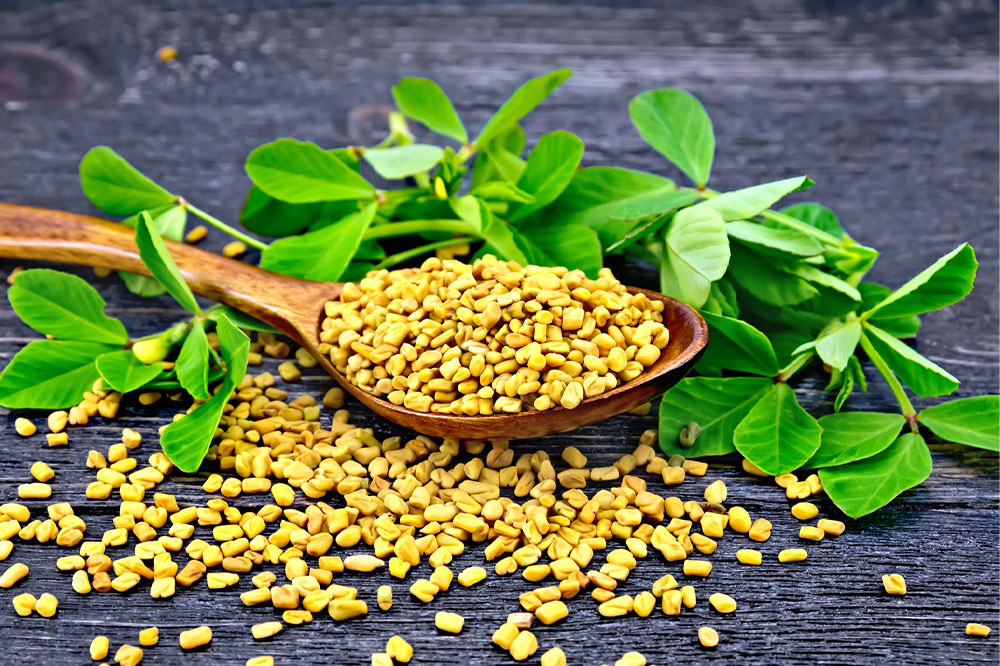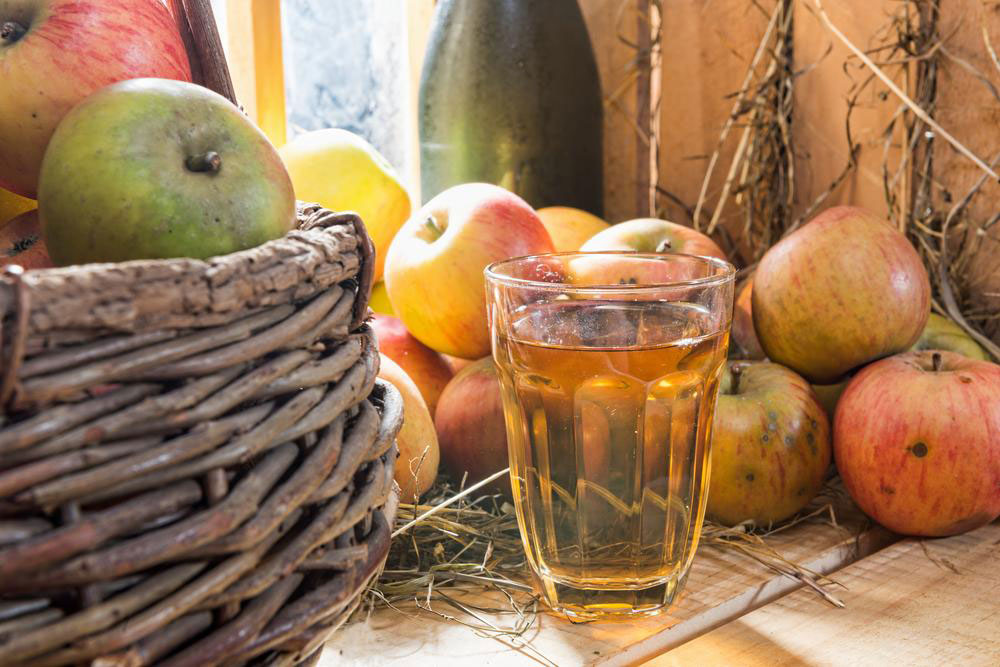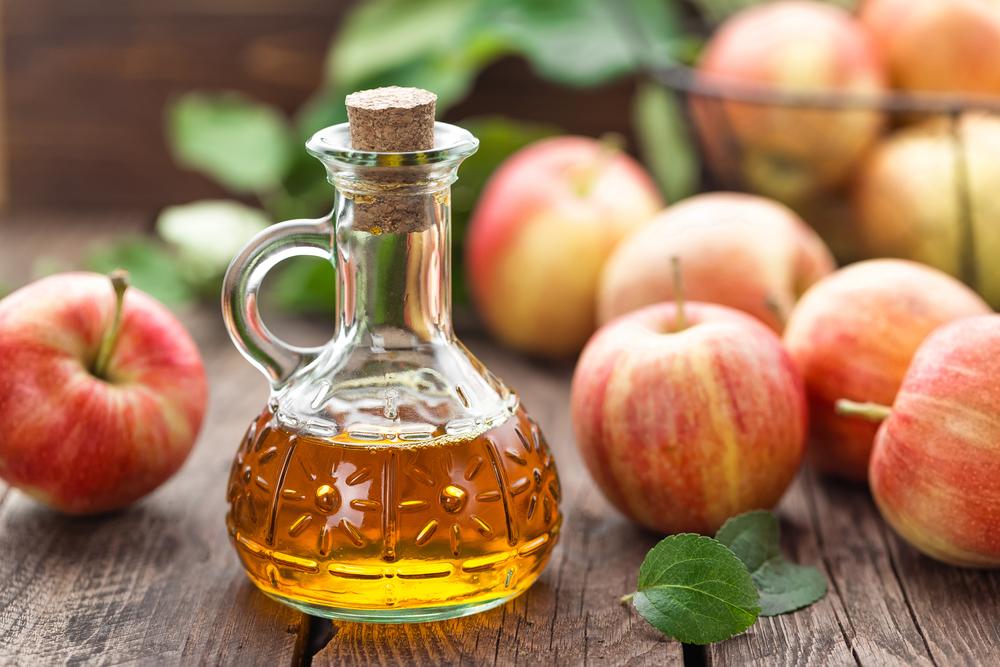Effective Strategies and Top Foods to Naturally Regulate Blood Sugar Levels
Discover the top natural foods that can help you control blood sugar levels effectively. From garlic and eggs to lentils and fatty fish, learn how these nutrient-rich options support insulin sensitivity, slow carbohydrate absorption, and promote overall metabolic health. Incorporate these foods into your daily diet to maintain steady blood glucose and reduce the risk of diabetes-related complications, all backed by scientific evidence. A balanced diet combined with healthy habits can significantly improve your blood sugar management naturally and sustainably.

Effective Strategies and Top Foods to Naturally Regulate Blood Sugar Levels
Keeping blood sugar levels within a healthy range is a cornerstone of maintaining overall health, particularly for individuals living with diabetes or insulin resistance. Blood glucose, or blood sugar, is the primary source of energy for the body's cells. It gets transported through the bloodstream from the digestive system to tissues and organs that require energy. However, fluctuations—either spikes or dips—can lead to serious health complications over time, including cardiovascular disease, nerve damage, and kidney issues. Therefore, managing blood sugar is pivotal not just for diabetics but for anyone aiming to optimize their health.
Diet plays a fundamental role in maintaining stable blood glucose levels. Incorporating specific nutrient-dense foods into your daily meals can contribute significantly to long-term blood sugar regulation. These foods help slow the absorption of sugars, improve insulin sensitivity, and support metabolic health. In this comprehensive guide, we delve into eight of the most effective, scientifically backed foods you can include in your diet today to naturally control blood sugar fluctuations and promote overall wellness.
1. Fenugreek
Fenugreek is a popular herbal seed known for its remarkable health benefits, especially in managing blood sugar levels. Its high dietary fiber content is particularly beneficial as it forms a gel-like substance in the digestive tract, slowing down the digestion process. This delay in digestion results in reduced post-meal blood sugar spikes, making it an excellent addition for diabetics and those seeking blood sugar stability. Fenugreek seeds also influence the secretion of insulin, the hormone responsible for lowering blood sugar, thereby aiding in better glucose regulation. Regular consumption of fenugreek—either as seeds, powder, or supplements—has shown promising results in numerous clinical studies aimed at managing type 2 diabetes.
2. Garlic
Garlic is renowned for its potent bioactive compounds, including allicin, which have been linked to enhanced insulin sensitivity and improved metabolic health. Consuming garlic regularly can bolster the body’s ability to respond to insulin, facilitating more effective blood sugar control. Research indicates that garlic supplementation can also contribute to lowering cholesterol levels and triglycerides, further reducing cardiovascular risk—a common concern among diabetics. Incorporating raw garlic into meals or taking garlic supplements can be a simple yet powerful strategy for maintaining stable blood glucose levels and supporting overall metabolic health.
3. Yogurt and Probiotics
Yogurt, especially varieties rich in probiotics, plays a key role in supporting gut health, which is increasingly recognized as a vital factor in metabolic and blood sugar regulation. The probiotics in yogurt help maintain a healthy gut microbiome, which influences the body's ability to process sugars efficiently. Additionally, yogurt contains high-quality proteins, which aid in satiety and can prevent overeating—a common trigger for blood sugar spikes. Combining yogurt with flaxseeds, which are high in omega-3 fatty acids, fiber, and antioxidants, not only enhances flavor but also boosts the nutritional profile, providing an effective way to support stable blood glucose levels.
4. Eggs
Eggs are considered a nutritional powerhouse, especially for those managing blood sugar. They are rich in healthy fats, high-quality proteins, and essential nutrients that contribute to satiety and metabolic health. Studies have demonstrated that incorporating eggs into the diet can help lower fasting glucose levels and improve insulin sensitivity over time. The versatility of eggs allows for various preparation methods, making them an easy and satisfying addition to any meal plan aimed at blood sugar control. Consistent, moderate consumption within a balanced diet can significantly contribute to long-term glucose regulation and overall health.
5. Lentils and Legumes
Lentils and a variety of legumes, including chickpeas and black beans, are nutritional powerhouses packed with fiber, plant-based protein, and essential minerals such as magnesium. Their high fiber content specifically slows carbohydrate digestion, which helps prevent rapid spikes in blood sugar after meals. The magnesium present in lentils also assists in improving insulin sensitivity. Incorporating these foods into your diet—such as in soups, salads, or main dishes—can stabilize blood sugar levels, support digestive health, and promote sustained energy throughout the day.
6. Whole Grains and Low-Glycemic Index Foods
Opting for whole grains like whole wheat bread, oats, brown rice, and oat bran is crucial for blood sugar management. These foods have low glycemic indices, meaning they release sugars slowly into the bloodstream, preventing sudden spikes. Their fiber-rich nature also promotes healthy digestion and prolongs satiety, reducing the likelihood of overeating. Swapping refined grains for their whole-grain counterparts is an effective and straightforward dietary adjustment to support stable blood glucose levels over time.
7. Fresh Fruits with Low Glycemic Index
Fruits such as apples, berries, peaches, and grapes are naturally sweet but have relatively low glycemic indices (55 or below). Consuming these fruits in moderation helps curb sugar cravings while avoiding rapid increases in blood sugar. Their high fiber and antioxidant content provide additional health benefits, including reduced inflammation and improved vascular health. Including a variety of low-GI fruits regularly can help maintain steady blood glucose levels and lessen the risk of developing type 2 diabetes in the long run.
8. Fatty Fish Rich in Omega-3 Fatty Acids
Fatty fish such as salmon, sardines, mackerel, and tuna are excellent sources of omega-3 fatty acids, which have anti-inflammatory properties and play a crucial role in metabolic health. Regular intake of omega-3s has been shown to improve post-meal glucose control, reduce insulin resistance, and support cardiovascular health. Including these fish in your diet, at least a couple of times per week, can greatly enhance your efforts to control blood sugar naturally. Moreover, they provide essential vitamins and minerals that contribute to overall wellness.
In conclusion, managing blood sugar levels effectively involves a combination of dietary choices, lifestyle habits, and sometimes medical intervention. Incorporating these eight foods into your daily routine can serve as a powerful strategy for long-term health, especially when combined with regular exercise, stress management, and proper hydration. Remember, always consult with your healthcare provider before making significant changes to your diet or lifestyle, particularly if you have underlying health conditions or are on medication.





